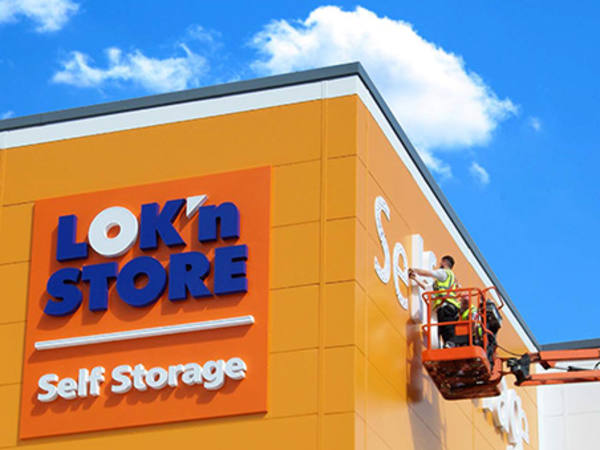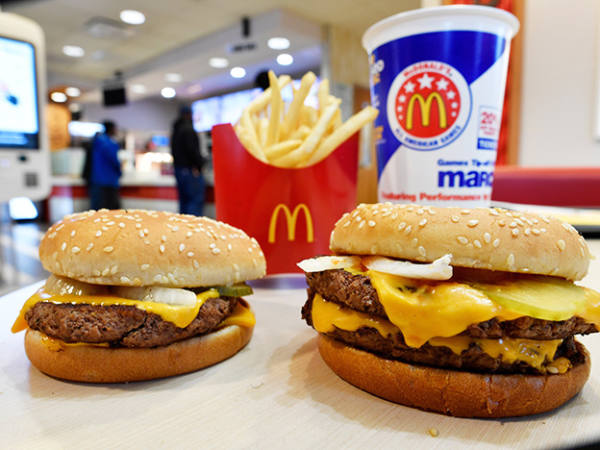- A flurry of updates in the animal health market have pointed to strong trading and raised expectations
- Investors may question the balance between short-term demand drivers and longer-term growth opportunities
Resilience. A theme that has permeated a plethora of updates from the animal sector in recent weeks, prompting bosses to raise guidance even as they flag the risks posed by Covid-19.
Indeed, the broader animal market – spanning pet-care as well as food-producing livestock – has, on the face of it, been a relative pandemic ‘winner’. In a flurry of January trading statements, companies ranging from retailer Pets at Home (PETS) to pharma specialist Dechra (DPH) have cited robust performances despite the turbulent backdrop of the coronavirus crisis.
Still, questions remain about how far such momentum has been bolstered by temporary demand drivers, rather than longer-term trends.
Companion animal market
UK shoppers spent £2.9bn on pet food and litter alone in 2019, as part of a wider £6.3bn industry serving every furry friend’s need from healthcare to accessories. That is according to a report last year from Mars, which put pet-care’s cumulative growth since 2011 at 2.5 per cent - exceeding the 1.9 per cent growth rate of the broader food-and-consumer-goods (FMCG) category.
Such expansion has been undeterred by the outbreak of coronavirus. Rather, Mars pointed to growth of 2.2 per cent in the 12 months to July 2020 alone - almost as much as over the previous eight years, suggesting a spike in activity. It helps that half of Brits have an animal at home, while “the ongoing humanisation of our pets” is fuelling higher expenditure on their welfare.
At the same time, many of us have adopted pets to help cope with the isolation of pandemic-induced restrictions. Research from The Kennel Club in August showed that more than two-fifths of new dog owners bought a puppy to be their “Covid-19 companion” – although, worryingly, a quarter of respondents admitting making impulse purchases with little pre-planning.
‘Robust’ backdrop
In any case, it is small wonder that the UK pet-care market is “robust” and “in good health” in the eyes of management at Pets at Home, a FTSE 250 constituent whose numbers could be seen as a bellwether for the companion animal industry.
For the group’s third quarter ending 31 December, revenues rose 18 per cent to £302m, with the rate of growth equal across retail and the smaller vet business. Notwithstanding challenges created by higher Covid-19 infection rates and national restrictions, Pets now expects full-year underlying pre-tax profits to reach at least £77m – ahead of its previous guidance.
That projection excludes £28.9m in coronavirus-related business rates relief, which the group vowed to repay on the back of a strong performance facilitated by its ‘essential business’ status.
Can the good times continue?
That said, it seems fair to ponder how far Pets’ recent strength can be linked to pandemic trends. “The lockdown puppy boom is doing wonders for Pets at Home’s revenues”, Sophie Lund-Yates, analyst at Hargreaves Lansdown, commented.
However, she added, “it’s the other aspect of increased UK pet ownership that makes ears prick up. The continued rise in the group’s VIP and Puppy and Kitten Club memberships have long-term benefits”.
Pets’ recent £15m purchase of telehealth provider The Vet Connection “is also worth noting”, Ms Lund-Yates said, signalling the group’s “commitment to digital transformation”.
For now, broker Numis perceives a “compelling equity story” – expecting Pets’ pre-tax profits to hit £108m during the next financial year. Shares in Pets have climbed more than two-fifths over the past 12 months.
‘Strong market fundamentals’ at Dechra
Elsewhere in the London-listed animal arena, Dechra Pharmaceuticals also cited “strong market fundamentals” when it updated this month.
The FTSE 250 group, which makes veterinary treatments for companion animals, food-producing animals and horses, said the full-year outlook was ahead of management expectations – despite ongoing macro-uncertainty and the anticipated unwinding of pre-Brexit stock build-up in the second half.
Net revenues rose by a fifth during the six months to December, helped by the acquisitions of new products Osurnia and Mirataz last year for $135m and $43m, respectively.
But what comes further down the line? “Dechra operations are performing particularly well at present, potentially benefiting from increased levels of pet ownership through the Covid pandemic/lockdowns”, Investec observed.
Still, broker Panmure Gordon noted that beyond recent positive trends, Dechra “has also really not put a foot wrong”. It helps that the group has made progress on the supply chain issues that hampered trading last year, and that its performance has been broad-based across Europe and North America.
Dechra also says that animal pharma businesses do not tend to rely on a small number of ‘blockbuster’ products like their human counterparts. The group’s market-leading footholds in veterinary endocrinology and topical dermatology do not hurt, either, and – on a higher level – animal pharma products are typically less vulnerable to generic price erosion than human medicines.
‘Resilience and agility’ at Animalcare
Echoing trends flagged by other animal-related businesses, Animalcare (ANCR) also reported full-year revenues and profits ahead of market expectations on 21 January.
Aim-traded shares in the international veterinary pharma group climbed 8 per cent after it posted sales of £70.5m for the 12 months ending December – down just 0.7 per cent year-on-year, despite “significant disruption to the animal health market” caused by coronavirus. Management cited “resilience and agility” which “came to the fore in 2020”.
But looking beyond recent trading, Animalcare said cash conversion improved during the second half, while net debt contracted more than a fifth to £13.6m, paving the way for it to fund pipeline opportunities.
Animalcare hopes to launch its treatment for pain in dogs in the second half of 2021, though this is subject to regulatory clearance. “Successful delivery will lead to improved quality of earnings, margins and cash generation and, ultimately, a re-rating of the shares,” argued Chris Glasper, analyst at N+1 Singer.
Farm-aceuticals and the ASF epidemic
Beyond lockdown and higher spending on pet-care, other international events have also spurred recent shifts in demand in the animal sector – among them the outbreak of African Swine Fever.
ASF decimated China’s pig population, limiting domestic production, pushing up pork prices in the country and driving a need for exports from other regions.
But the Chinese pig herd is now being restocked, spurring strong demand for animal health business Genus’s (GNS) porcine genetics products. In turn, management said that it expected Genus to outperform previous profit expectations for the year ending June.
That said, beyond pig genetics, Genus also has a bovine business, indicating diversity of revenue streams. Moreover, as Mr Glasper argued, the food production animal market has a key longer-term growth driver: increasing protein consumption around the world, particularly in developing markets.
The rebuilding of China’s pig herds and the consolidation of the country’s market has benefited Aim-quoted small-cap Eco Animal Health (EAH), too. The group, which specialises in livestock health products, said this month that revenues at the third-quarter mark were already ahead of the total prior year.
“The question is, are they just benefiting from a bit of a catch-up phase after the demand fell off a cliff in China, or is it going to be much more sustainable given the structural shift in the market that’s happened?” asked Mr Glasper. “That’s what we don’t have a huge amount of visibility on at the moment”.
Eco’s shares were temporarily suspended on 4 January, as pre-announced by the group, due to the delayed publication of its full-year results because of “continuing difficulties” tied to auditing its international operations during Covid.







